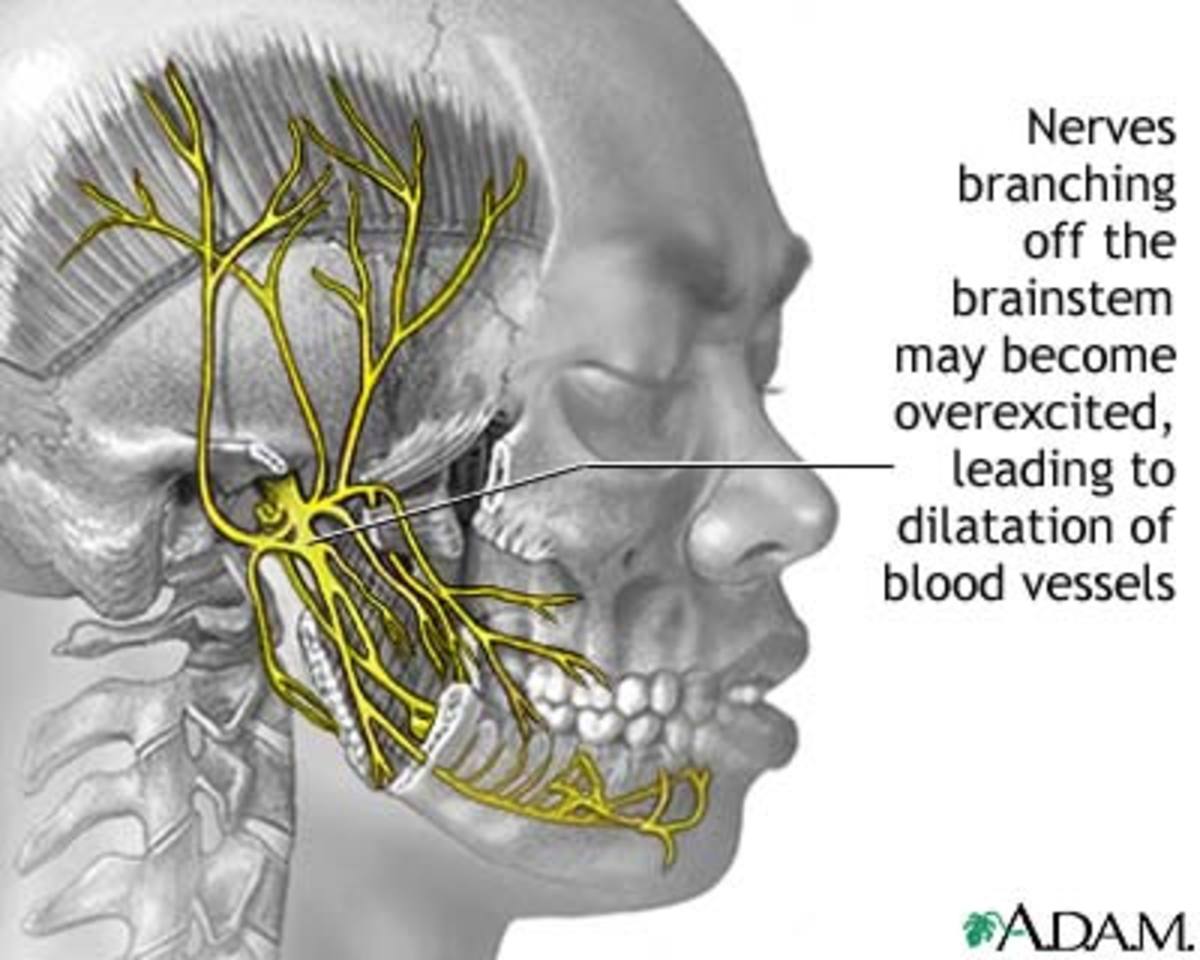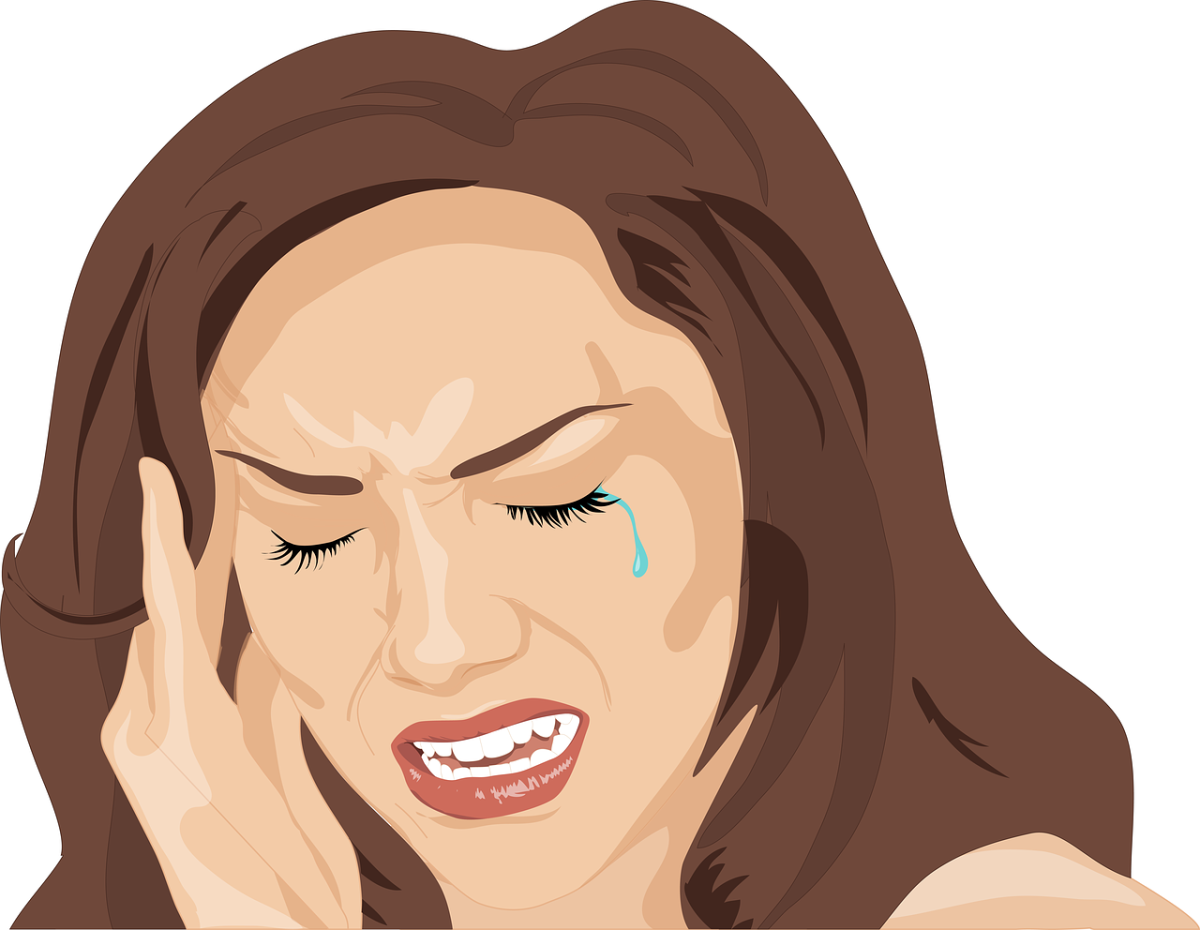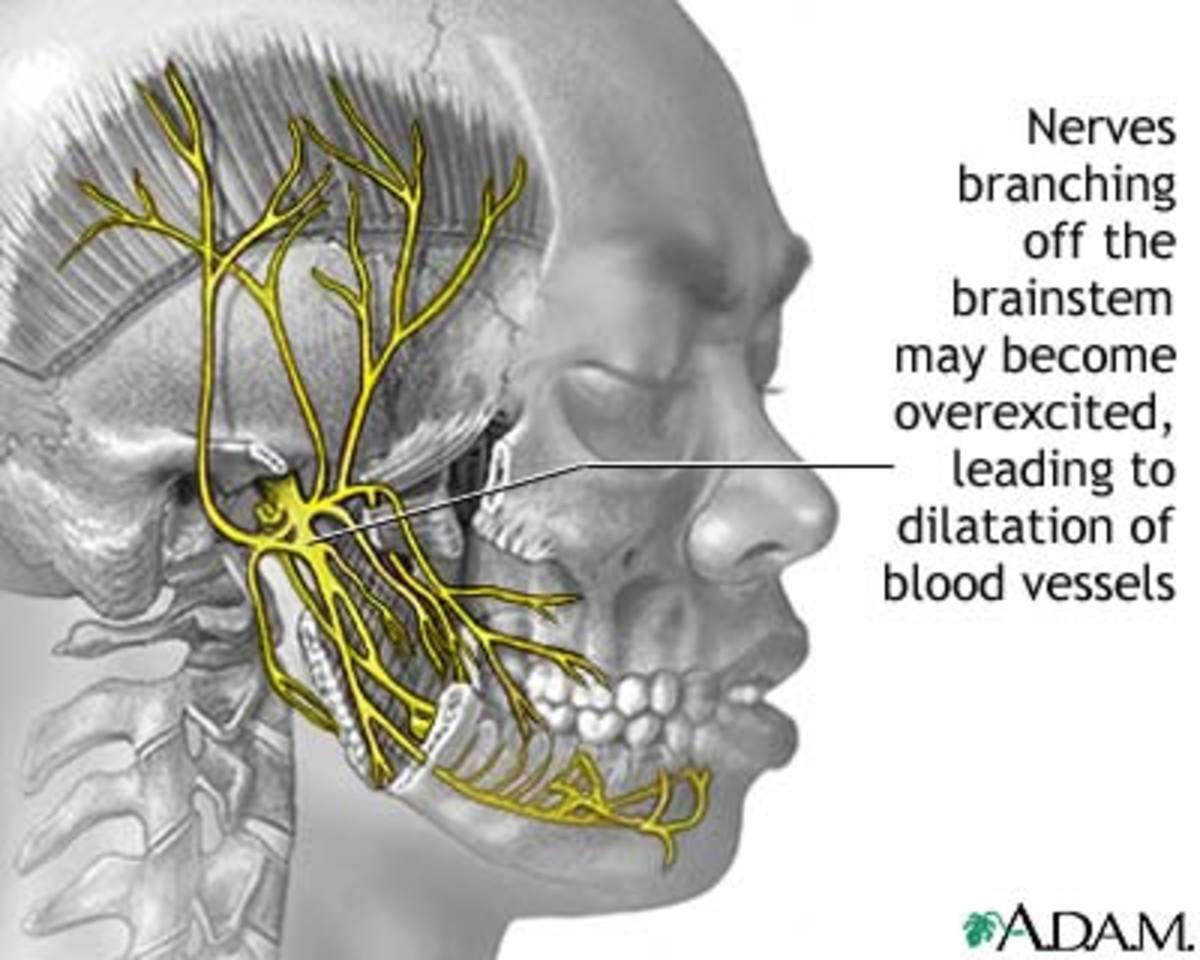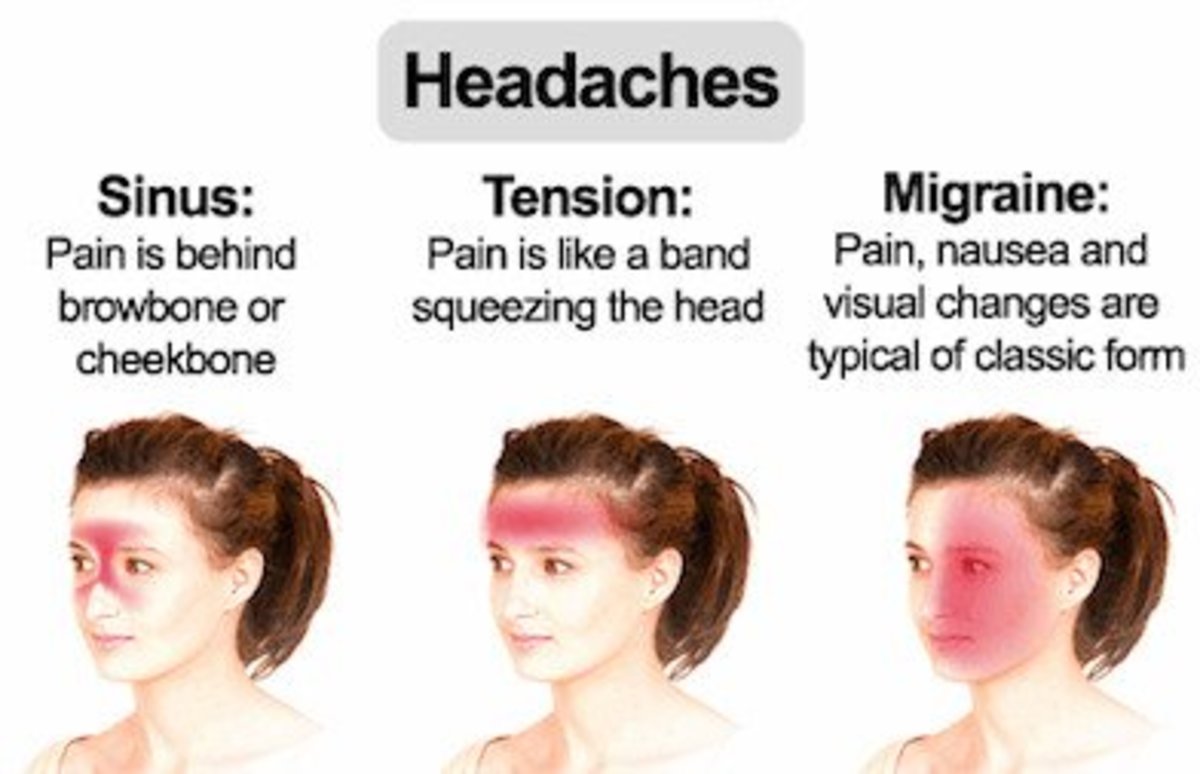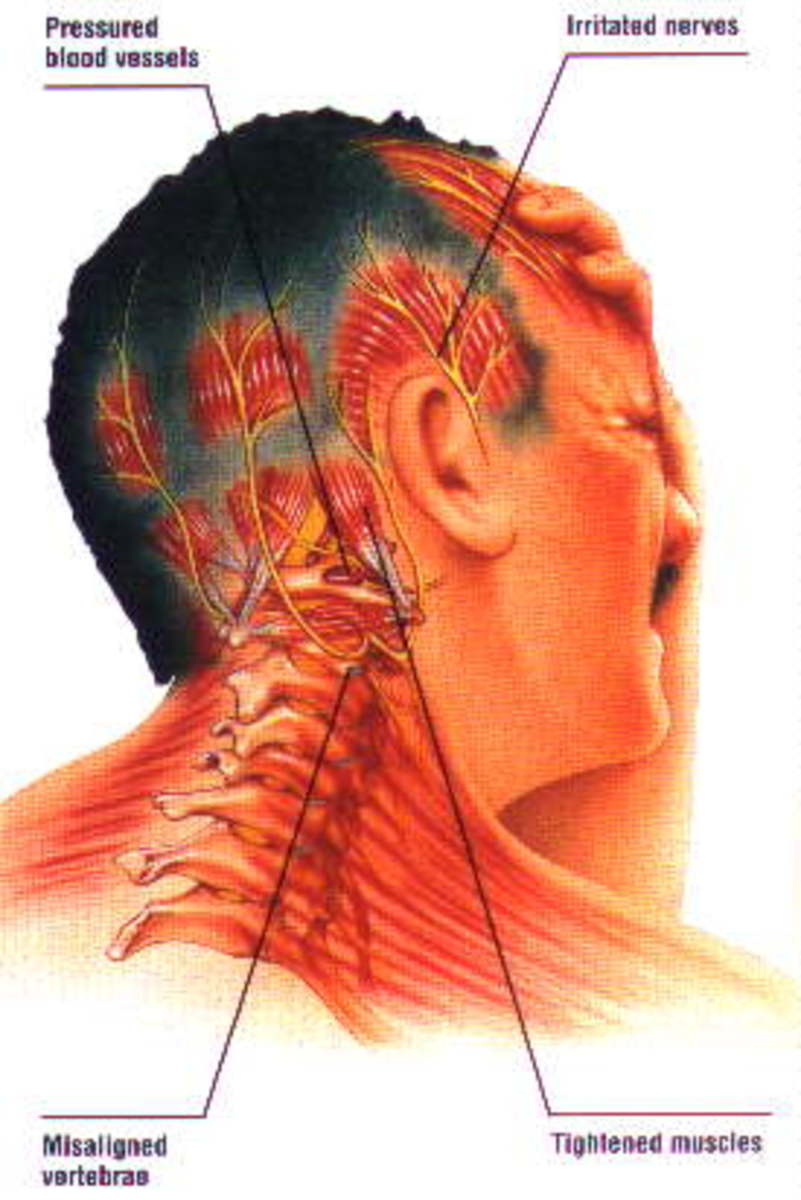Chronic Migraine, A Disabling Condition
Migraine Headaches
Do you suffer from headaches? Are they more than just headaches? Your head feels as if it might just explode. The throbbing is unbearable. It usually occurs on one side of the head or is localized in one area of the head. The only way to describe the pain to others is like being hit in the head with a hammer or having a constant brain freeze. With the pain usually comes sensitivity to light, sound, even smells. You often feel nauseous and can experience vomiting.
These are not just headaches you are experiencing, but are migraine headaches. They are a neurological health problem that are extremely debilitating. Migraine headaches cause you to lose time from work. The only option for any relief is to lie unmoving for hours in a dark, quiet room with a cold compress on your head and a wastebasket in the ready. Sleep is often out of reach because of the extreme pain constantly drumming in your head.
The Complicated World of Migraines
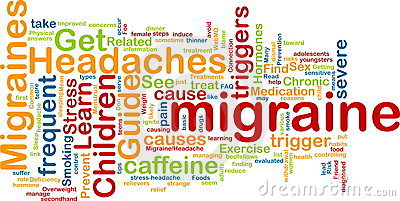
Migraine Pain
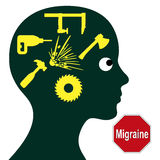
Triggers and Fequency
For those of us who suffer from migraines, the range of triggers vary from person to person and are vast. They can include, but are not limited to:
-
foods and diet
-
medications
-
weather changes
-
stress
-
hormones
-
sensory stimuli
-
back and neck pain
-
other health conditions
-
lack of or too much sleep
-
anxiety and/or depression
-
physical exertion
-
change in routine
There can be many triggers that work in combination to cause migraines or singular triggers. Again, triggers vary from individual to individual. This is also true for the frequency of attacks. Some people who suffer from migraines may only get one or two per year while others may get several a month or week. For those who suffer from more frequent attacks, migraines are a much more debilitating disorder and negatively impact every aspect of their lives.
Chronic Migraine
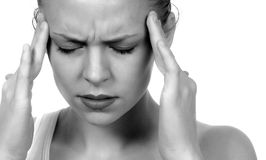
Chronic Migraine
According to the International Headache Society's (IHS) International Classification of Headache Disorders, 2nd Edition (ICHD-II) (Robert, Teri , 2011), chronic migraine can be described as suffering from 15 or more headaches a month for at least a three month consecutive time-period. Eight or more of the headaches must be non-aura migraines. The migraines need to have lasted four hours or more without treatment. The headaches cannot be a result of overuse of medications or another cause. http://www.achenet.org/resources/chronic_migraine__the_basics/
Chronic migraine is a severely disabling condition for those who suffer from it. I am one of those people. It not only wreaks havoc on your work life causing you to miss more work days than you want which can leave individuals stigmatized, but it affects your everyday and family life as well. The time spent with your family, friends, and activities you enjoy is severely decreased while these frequent attacks render you helplessly disabled, unable to function even at minimal capacity. The result can be damaging to relationships and to an individual's self-concept, especially when there is a lack of understanding and empathy for the disorder from key individuals.
Treating Migraine Conditions
Do you suffer from chronic migraine? How have you treated this condition?
Too Many Prescription Medications!

Treatments
There are so many treatment options for migraine and chronic migraine sufferers. They range from over-the-counter medications, prescription medications for both acute attacks and prevention, dietary changes, exercise, yoga, meditation, homeopathic remedies, massage and physical therapy, chiropractic therapy, acupuncture--Am I forgetting anything?
Being a sufferer of migraines myself since I was a child and having been diagnosed with chronic migraine over eight years ago after my son was born, there is probably nothing I haven't tried. Because there are so many triggers for migraine sufferers, there is no doubt in my mind a combination of treatments that best fits the individual needs of each person is what is best.
There have been many acute prescription medications that have made me feel worse in the long run. I know which ones to avoid and which I can tolerate. I ultimately shy away from taking anything if I am able. Some preventative medications and treatments have helped me such as Topamax and Botox. However, I worry about the long-term risks of taking prescription medications and injecting toxins into my body.
My preferred method has been trying to reduce stress and tension. I suffer from neck pain and have learned some techniques to reduce the pain from a physical therapist. I also see a chiropractor periodically when I am unable to relieve the tension myself. I am finding that exercise is very important in not only fending off stress, but in regulating sleep patterns and increasing my energy which can help reduce migraine frequency.
Vitamin Supplements

I have also realized some foods I need to avoid that trigger migraines including aspartame, too many processed foods, and alcohol. I have been learning about many vitamins and minerals that can be beneficial to reducing migraines. These include vitamin B Complex, magnesium, curcumin, and OPC3. CoQ10 and Omega III can be helpful as well, but at this time I am not taking these.
I have to accept, which I am not fond of at all, that there are some migraine triggers that cannot be or have yet to be taken care of for me. Hormonal migraines have always been and still continue to be my worst enemy. At a recent seminar given by Dr. Deedra Mason, a doctor of naturopathic medicine and the Dir. of Clinical Ed. & Research for NutraMetrix Educational Institute. She promoted Curcumin Extreme for hormone-related migraines. This is something I am going to be trying. My shipment should be coming in soon. I am eager to try to track the results.
Lastly, weather changes and uncontrollable stress and anxiety are triggers that account for many of my migraines. Some of these are hard to treat. Often times, the migraines do not respond to acute medications. In these cases I just have to lay in bed for hours with a cold pack on my head, a heating pad on back, shutting out all light and sound hoping for relief.
Migraines: Not Just Another Headache
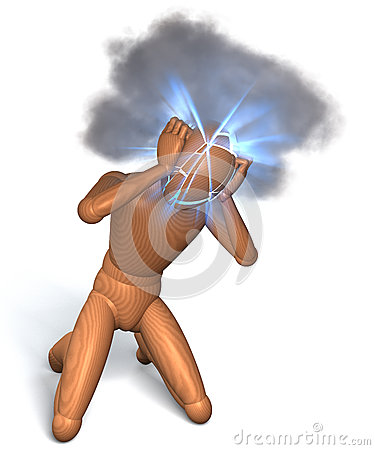
Migraines and Chronic Migraine
- Are you a migraine sufferer?
- Do you suffer from more than 15 headaches a month, 8 of which are migraines?
- What are your triggers?
- What have you tried to alleviate the pain and triggers of migraines and chronic migraine?
- What treatments have worked and not worked for you?
Please share your insights, experiences, and questions!
References
Roberts, Teri. (2011). Chronic Migraine – The Basics. Retrieved from http://www.achenet.org/resources/chronic_migraine__the_basics/
Video- chronic migraines
- The Frightening Impact Of Chronic Migraines (VIDEO)
Nancy Girvin first experienced a migraine at the age of 12. JP Summers used to have migraines so painful she would black out. The often-misunderstood condition is "incredibly disabling," Dr. Joshua Cohen, M.D., a headache specialist and ...
WebMD
- Migraine Headache Triggers-Topic Overview
Triggers of migraine headaches are different for each person. Triggers include changes in daily routine,foods,hormones,medicines,lights,odors,or other things in the environment. The most common migraine triggers are: 1 Stress (either during a stressf
My Chronic Migraine
- About Chronic Migraine | 15 or more headache days a month with headache lasting 4 hours or longer wi
Get the facts about Chronic Migraine, defined as 15 or more headache days a month with headache lasting 4 hours or longer for at least 3 consecutive months.
Chronic Migraine-The Basics
- Chronic Migraine - The Basics | ACHE
The American Headache Society Committee on Headache Education (ACHE) is a nonprofit patient-health professional partnership dedicated to advancing the treatment and management of patients with headache. ACHE serves as an educational resource for heal

